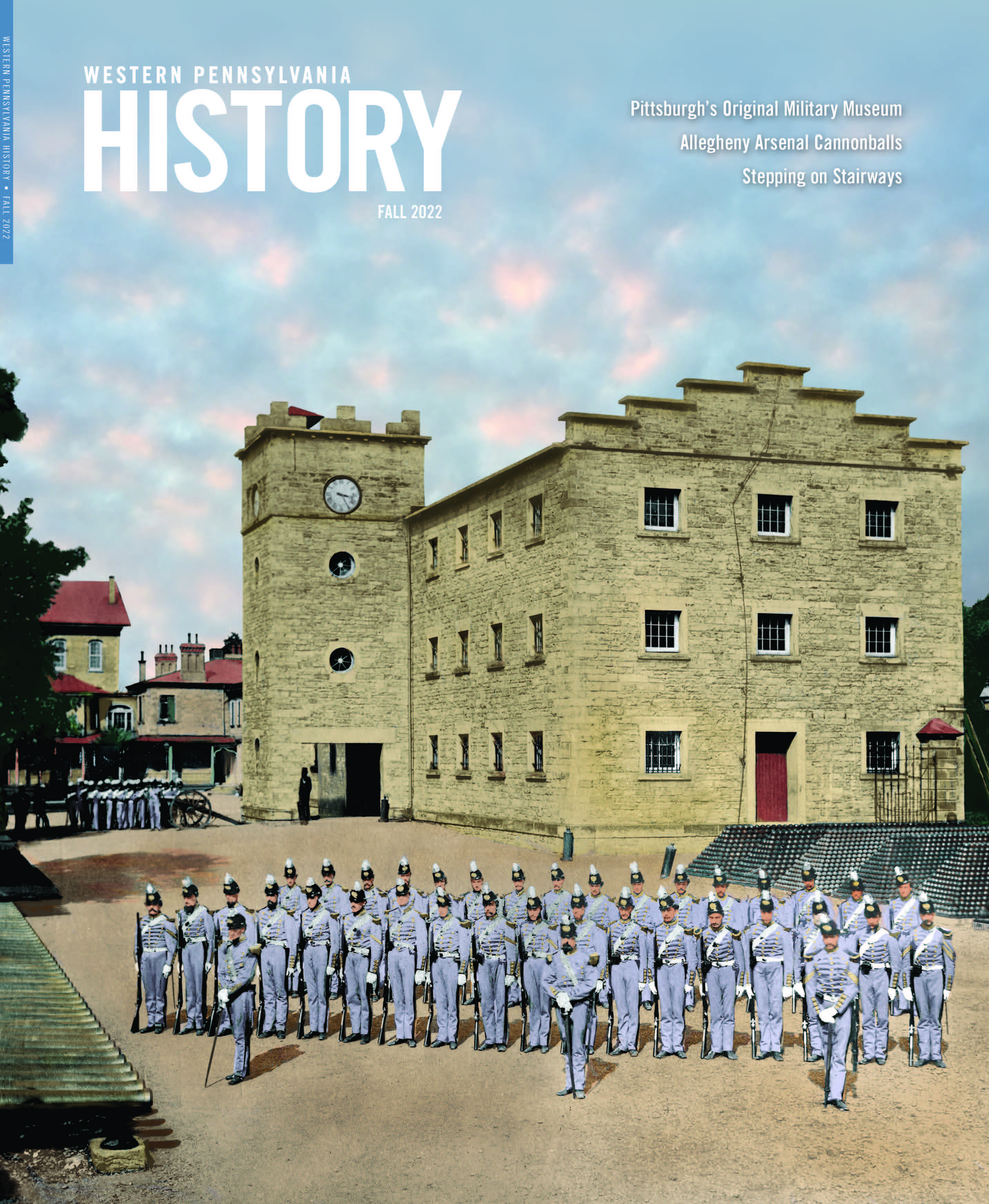Abstract
Throughout the spring and summer of 1950, the United Jewish Fund of Pittsburgh undertook a comprehensive review of Jewish education in the city. The Self-Study on Jewish Education surveyed a diverse, decentralized landscape including congregational religious schools, two fledgling parochial day schools, an intensive afterschool program run by the Hebrew Institute, and a broad regional educational program known as the Southwestern District of Pennsylvania Jewish Religious Schools. The Self-Study also investigated teacher training and curriculum development, and it sought to understand the attitude of parents and students. The ultimate goal was to answer a deceptively simple question: "Who is responsible for what kind of Jewish Education in Pittsburgh?”
